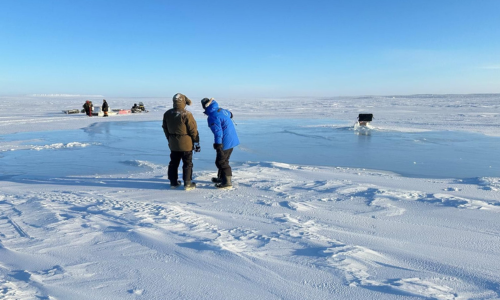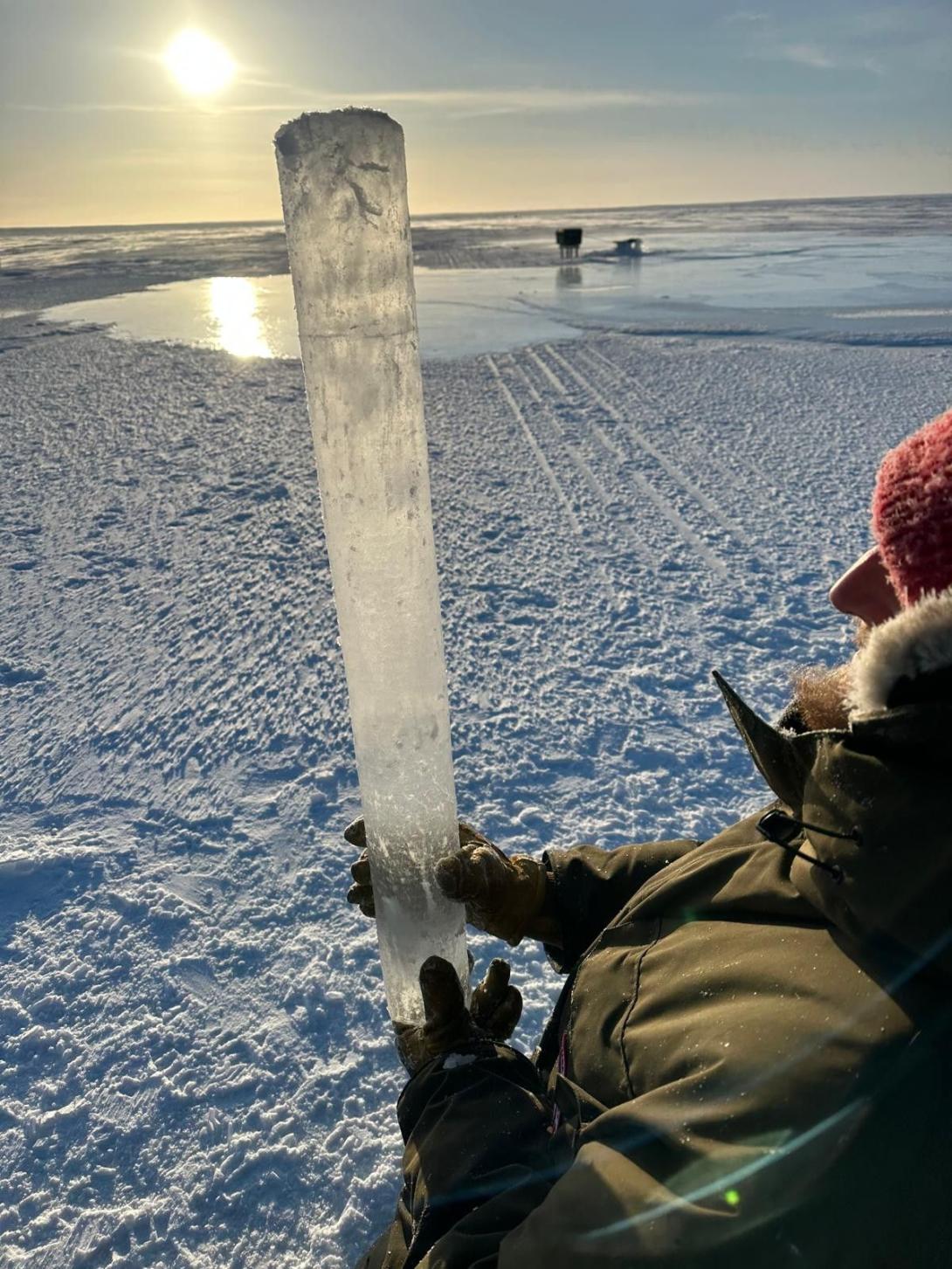
Uncertainty does not undermine urgency: Hansen’s report highlights need for research

A new report by Prof James Hansen sheds light on the uncertainties of global climate predictions - and why that means we need to respond now.
Dr Shaun Fitzgerald, director of the Centre for Climate Repair, draws out some key takeaways.
Firstly, it highlights some of the really significant challenges we have as a society in terms of future climate change. Hansen suggests that "the world is headed to temperatures of at least +2-3 °C". Even if these estimates are on the higher side of the range seen in different climate models, they point to significant problems that we may have, including "more powerful storms and more extreme floods, heat waves, and droughts".
In fact, the levels of temperature rise may not be the only factor we should be discussing; we should consider the timescale over which certain temperature rises may be realised. Even if someone disagrees with the level of temperature rise predicted by Hansen at a given time, that temperature rise will likely still have a level of probability at some point in the future.
The second point is that two of the major factors explored by Hansen – pollution cuts and climate sensitivity – are areas of significant uncertainty. So, if some think the report rather overplays the potential temperature rises, the fact is that there is still a certain level of probability that Hansen’s forecasts may be close to what we will experience with current policy regimes.
These two factors point to the urgent need to consider what we might do if we fail to rein in our emissions in time, remembering the fact that we are still not reducing global emissions even though we have been talking about doing so for many decades.
At the moment, our options are very limited. But we know that various forms of climate engineering, or solar geoengineering, might be of help to keep a lid on temperatures whilst we get greenhouse gas levels down.
The real issue is that we don't actually know, though, and that is why research is important. Hansen has said, "We do not recommend implementing climate interventions, but we suggest that young people not be prohibited from having knowledge of the potential and limitations of purposeful global cooling in their toolbox."
We agree that furtherance of knowledge in this area is necessary, and we welcome carefully thought-through, responsible research projects in this area.'
You can read the full report here: Global Warming Has Accelerated: Are the United Nations and the Public Well-Informed?

An ice core taken at Cambridge Bay, Nunavut, by Real Ice
In June 2025, we’re inviting researchers and policymakers to address the urgent challenges facing the Arctic as climate change intensifies. Over three days, we'll explore the most promising research into protecting the Arctic from rapid warming with experts on science, technology, and ethical pathways. Join us in Cambridge, United Kingdom, from 26th - 28th June to be a part of the conversation. Together, we can provide future generations with the “toolbox” they need.
Cover image by Shaun Fitzgerald of Real Ice research in Cambridge Bay, Nunavut


